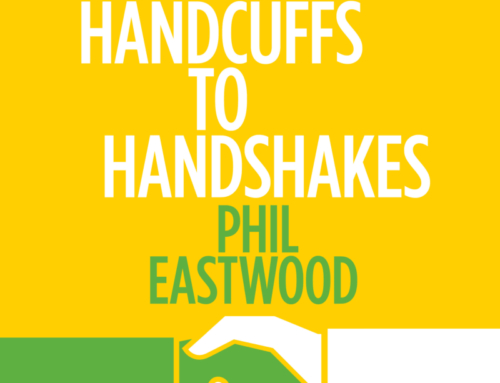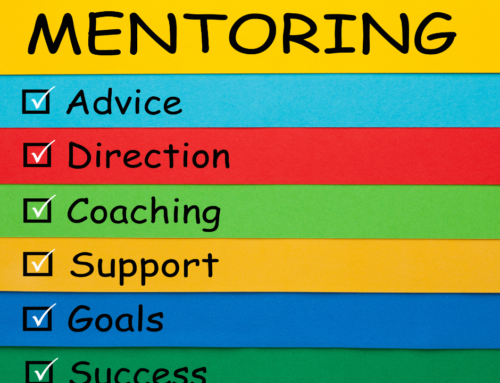Mindfulness Helps You Overcome Disparaging Thoughts About the Future
Mindfulness is a powerful tool in our endeavor to be resilient. I spoke about resiliency a few weeks back. Being resilient gives us the capacity to cope with the curve balls life throws our way. And it’s safe to say that the world was thrown a massive curveball in 2020.
By developing resilience, we equip ourselves with an essential tool that not only helps us confront life’s unexpected storms but skillfully respond to them.
Think of resilience as one’s ability to recover quickly from an unexpected challenge. A big part of our capacity to recover is the ability to not hang onto negative emotions when they try to hijack our thought process.
One excellent approach to help us build and develop resilience is to practice mindfulness.
What is Mindfulness?
Mindfulness means different things to different people, but in a nutshell, mindfulness is an ability to maintain moment-by-moment awareness and acceptance.
Mindfulness is a moment by moment awareness – and acceptance (or allowing through observance).
Although you can (and should) still allow yourself to experience the negative emotions that come with any unpleasant circumstance, the trick is to ride them out and let them pass without obsessing over them.
And this is where mindfulness comes in.
With practice and over time, mindful practices make us good at not allowing things to stick in our thoughts.
It takes a little work, and mindfulness can completely alter how you manage life’s unexpected turns.
The Key is to Notice and Observe Without Judgement or Resistance (thus the need for practice!)
Mindful awareness is the process of us bringing intentional awareness to our experiences in the now without any form of judgment. It takes practice. It’s easier said than done. And yes, it involves some way of meditation – which can make us very adept at allowing emotions to arise, but also allowing them to pass.
We Don’t Deny Problems or Bury Negative Emotions.
You need to know when practicing mindfulness that you are not aiming to ignore or quelch difficult emotions when facing challenging situations. Instead, we see things from a more aware and detached perspective.
Notice the negative emotions when they arise, and experience them as long as you care to, but mindfulness will help you decide when you are ready to move on. You are not a prisoner of negative emotions or fear. You are a chooser of your experience.
When the fear no longer serves it’s purpose, you can let it go – because you know it’s there and because you are mindful.
What are the Benefits of Mindfulness?
The benefits of becoming more mindful are significant. You become less inclined to judge yourself or others. You become kinder and more supportive. You also start to accept the facts and be able to distinguish them from feelings.
Be aware that acceptance is not giving up! Instead, acceptance has the strength to let go of control and, in turn, learning to stop fighting reality. It allows you to become progressively open to viewing even the most difficult challenges as opportunities.
By living mindfully, you are adopting a new way of being and doing. But this is not just for when hard times occur. These are practices for all times. They empower us to live with confidence and courage in the face of change. You are creating a toolkit from which you can draw from for the rest of your life.
Better Sleep, Better Focus, Balanced Emotions
Other benefits can include a reduction of stress, a better memory, the ability to maintain a heightened focus, having less emotional reactions, and, most importantly, an increased sense of satisfaction with living your day-to-day life.
When we face uncertainty, our anxious thoughts want to predict what is going to happen next. And when we are anxious, our thoughts tend to create worst-case scenarios.
Staying Mindful Fuels Resilence
When we stay present to the moment and remember that we are merely experiencing our thoughts, we can avoid this type of catastrophic thinking.
At the end of the day, thoughts are just thoughts.
This realization will not solve all of our problems. But it can undoubtedly equip us with the tools to ride out any storm and help us emerge from it all a little stronger than we were going in.
Use an App to Get You Started
There are a couple of resources I can recommend to help you get started with your new daily (I hope!) practice.






